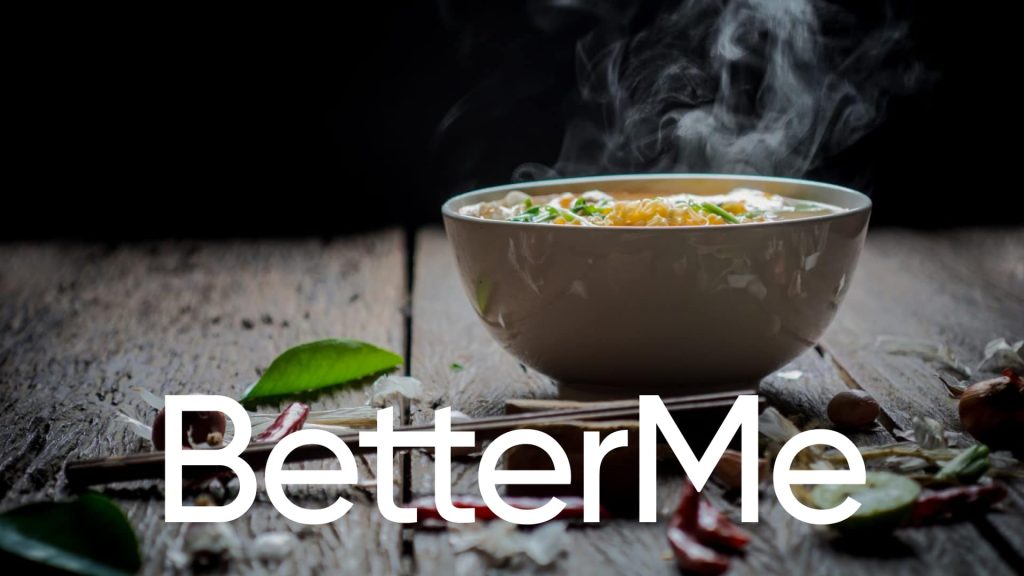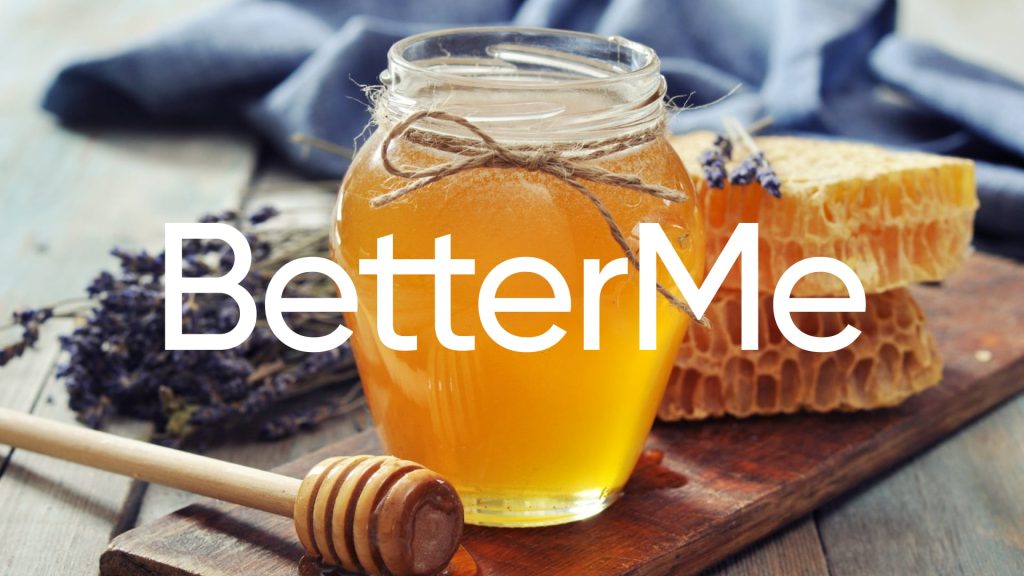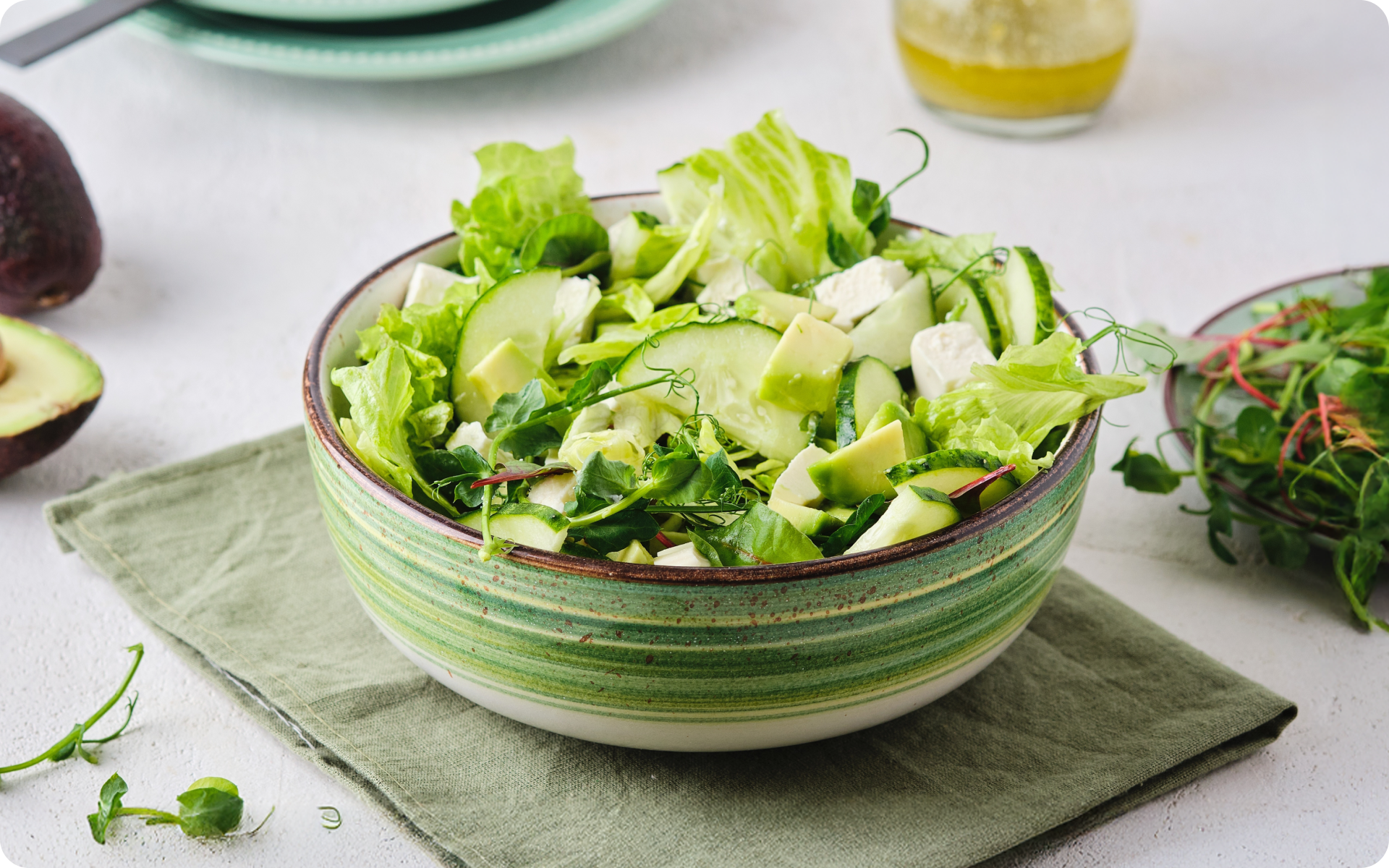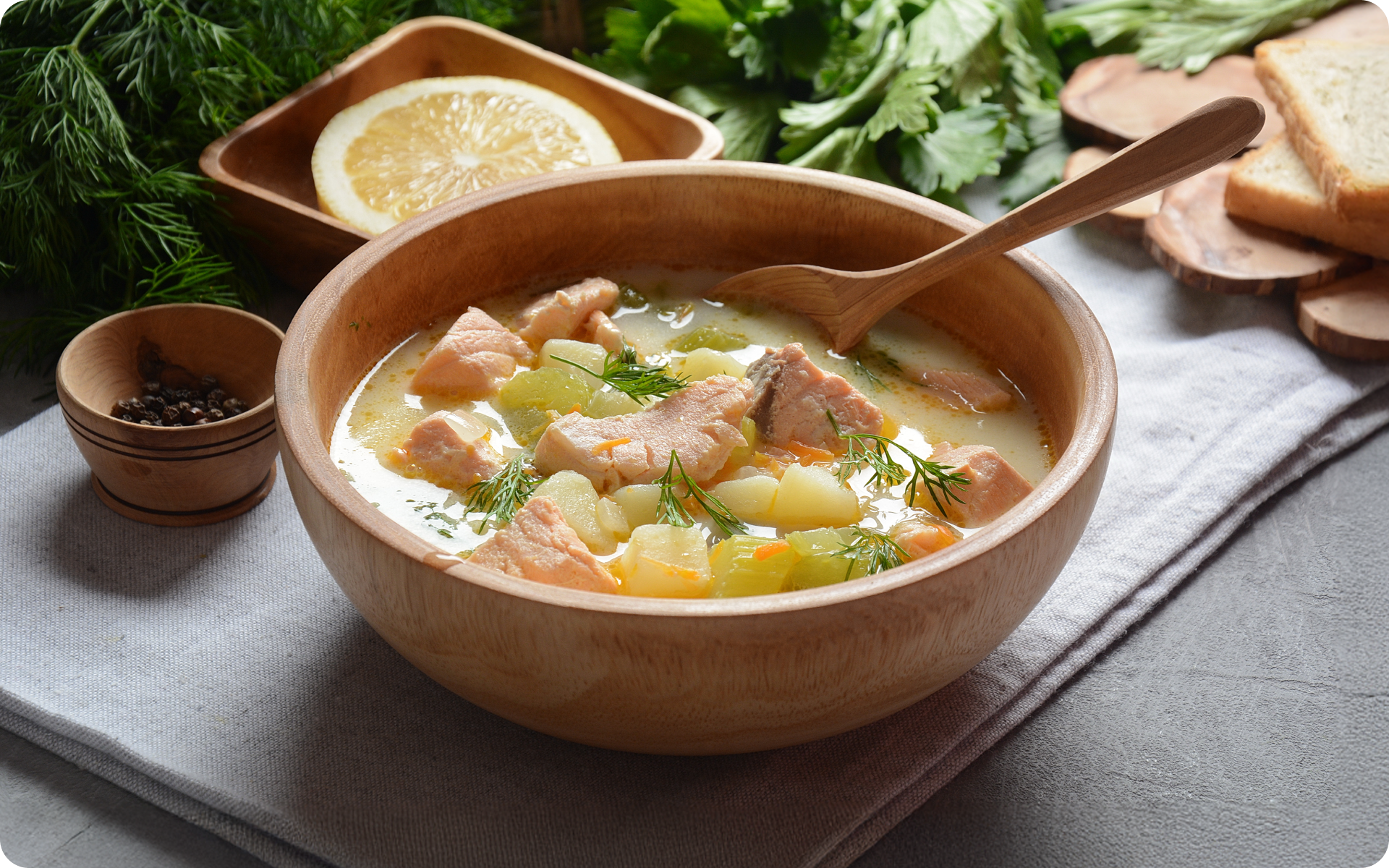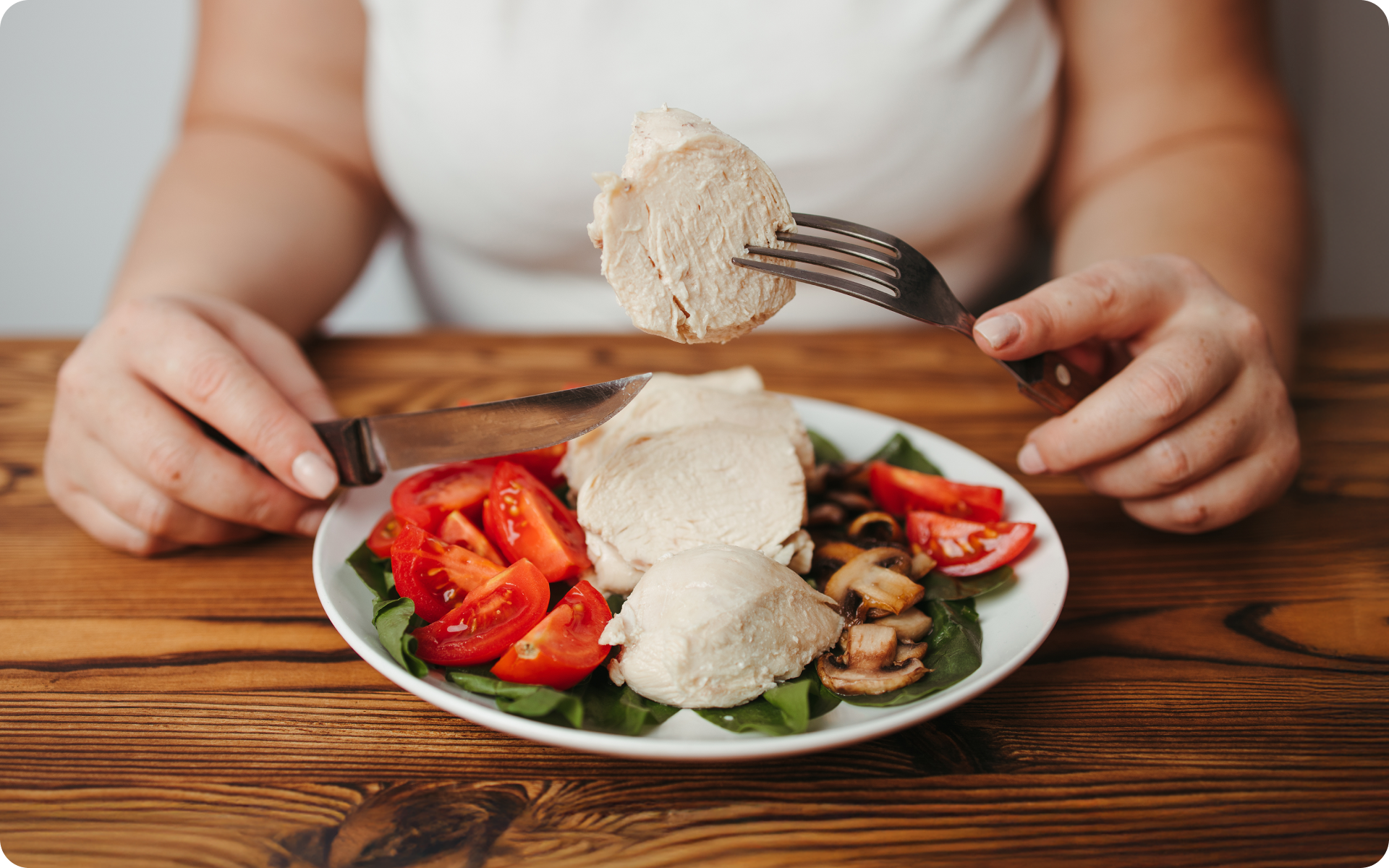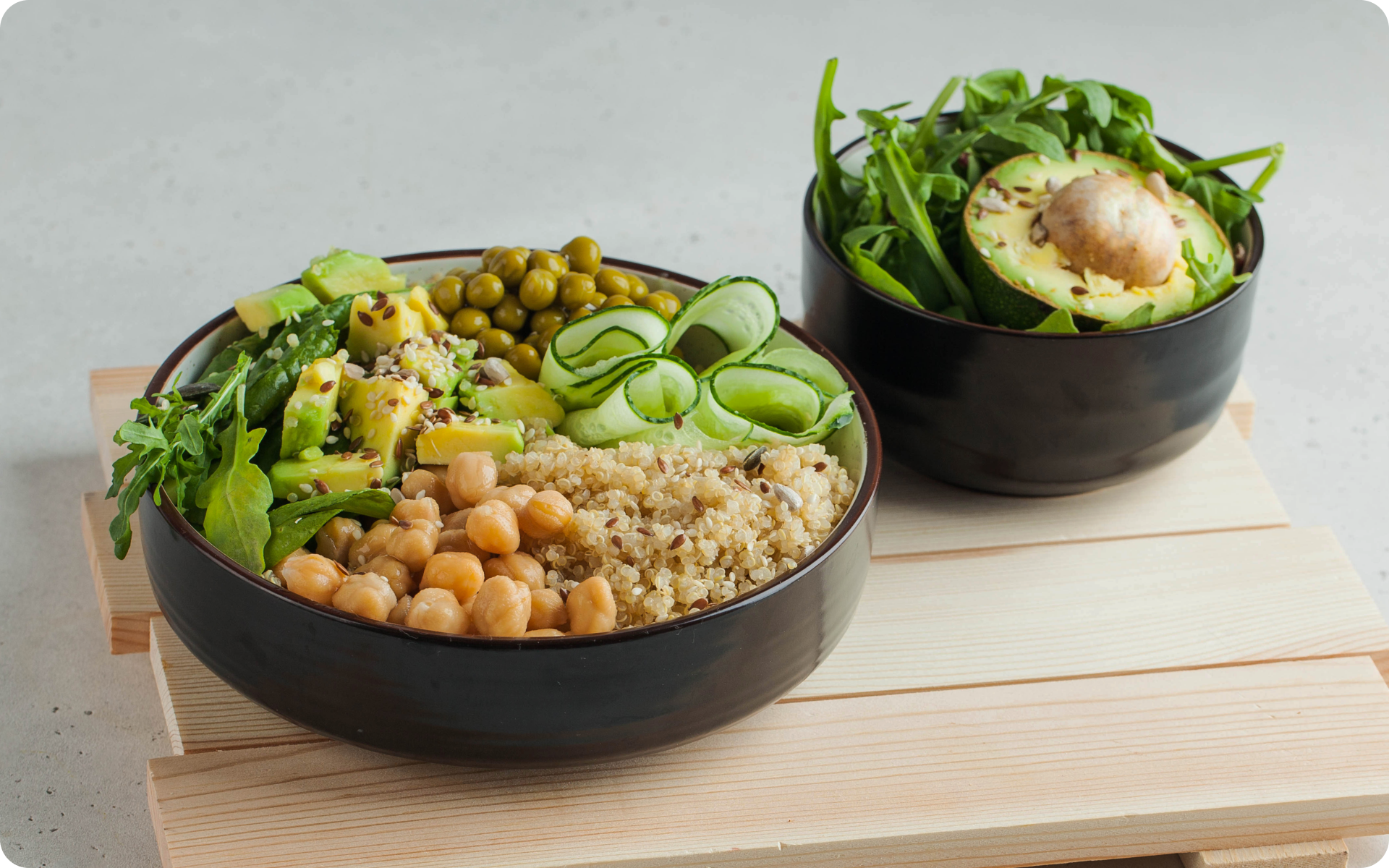Jain Diet: Can Eating Like A Monk Be Deemed Sustainable?
With the coming of globalization, lots of people from all possible nooks and crannies of the world now have numerous opportunities to encounter cultures from far-flung places that not so long ago used to be out of reach. Meditation practices, yoga, exotic foods – all of it has become just another run-of-the-mill thing for many of us thanks to the availability of imported products, online shopping and travelling. An interest in culture naturally extends to the dietary practices, particularly among those looking for possibilities to enrich their daily intake and shed their excess pounds. One of such diets that’s gradually taking root in our society is Jain Diet, a nutritional approach inseparable from a religion called Jainism. Follow this article to sort out all the peculiarities of the Jain Diet and decide, whether this dietary plan is suitable for you.
Get your personalized
meal plan!
What Is Jainism?
Jainism is one of the oldest religions in India, with around 5 million followers. It teaches a path to spiritual purity through disciplined nonviolence, or ahimsa, to all living creatures (2).
Jainism originated in 7-5th century BCE in Eastern India, and is now considered an integral part of East Asian culture. It has close conceptual connections to Hinduism and Buddhism. Yet, Jainism remains an independent religion with its own rules and beliefs.
Main Principles Of Jainism
Responsibility: Every human is responsible for his/her own actions. If you violate the rules of religion, the negative karma accumulates and prevents you from achieving Nirvana.
Compassion: All conscious (five-sensed) living beings have eternal souls and all souls are equal because all are capable of achieving Moksha (Nirvana, transcendence from the cycle of birth and death). All should be regarded as having near equal worth, though human life is considered the highest form.
God: The universe is eternal and governed by natural laws. There is no supreme being or creator god. There is only the pure soul of each living being: Consciousness, Knowledge, Perception and Happiness.
If you wish to cinch your waist, tone up your bat wings, blast away the muffin top – our fitness app was created to cater to all your needs! BetterMe won’t give excess weight a chance!
Rationality: Great emphasis is placed on rational perception, rational knowledge and rational conduct.
Detachment: Attachment to material things and worldly life gathers karma and interferes with achieving moksha (liberation), trapping one in the cycle of birth, death and suffering.
Nonviolence: Jains generally choose professions that respect life and ethical conduct. Monks and nuns walk barefoot and sweep the ground as they go to avoid stepping on insects. In the past Jains wore face masks to prevent accidentally breathing in no-see-ums and monks and nuns often still do.
Following the principle of nonviolence is extremely important for the Jains, and is considered their main duty. Consequently, the Jain diet is structured around this principle, being perhaps the strictest diet on the Indian subcontinent, while still aiming at the provision of all essential nutrients.
Jain Diet
The Jain Diet perhaps most closely resembles the popular Vegan and Vegetarian diets, as the main reason for sticking to all those diets is ethical. According to Jainism, each act directly or indirectly supports killing or injury accumulates negative karma. So, the Jain Diet rules aim at the elimination of violence as much as possible. This includes not only the prohibition of meat and fish consumption, as in the Vegetarian Diet, but also limitations of certain plant foods. Jains consider plants living entities and the rules of this diet focus on preventing death of plants too. This does not mean, however, that you cannot eat plants.
Rules Of The Jain Diet
No lactose:
- Lacto-vegetarianism (generally known simply as vegetarianism in India) used to be mandatory. Food containing even small particles of the bodies of dead animals or eggs is absolutely unacceptable. Some Jain scholars and activists support veganism and have traded dairy products for soy-based food items, as the production of dairy products involves significant violence (himsa) against cows. Veganism, when properly balanced, has numerous benefits, including weight management and lowering the risks of diabetes, dyslipidemia and heart disease (1, 3).
BetterMe is your fast-track ticket to a long-lasting weight loss! Tailor your fitness journey and maximize your results with just a couple of swipes!
No animals are injured by the meal preparation:
- Jains go out of their way so as not to hurt even small insects and other tiny animals. They believe that harm caused by carelessness is as reprehensible as harm caused by deliberate action. That’s why they take great pains to make sure that no minuscule animals are injured by the preparation of their meals and in the process of eating and drinking.
Read More: Buddhist Diet Plan For Weight Loss: Eat Like A Monk And Watch The Pounds Drop Off
Unfiltered water is not allowed:
- Traditionally Jains have been prohibited from eating at night and drinking unfiltered water. In the past, when wells or baolis were used for the water source, the cloth used for filtering was reversed and some of the filtered water was poured over it to return the organisms to the original body of water. This practice termed as ‘jivani’ or ‘bilchhavani’, is no longer possible because of the use of pipes for water supply. Jains today may also filter faucet water in the traditional fashion, and some Jains continue to follow the filtering process even with commercial mineral or bottled drinking water.
No plant injury:
- Jains make considerable efforts not to injure plants in their everyday life as much as possible. They only accept such violence inasmuch as it is indispensable for human survival. Besides, there are special instructions for preventing unnecessary violence against plants. Jains don’t eat root vegetables such as potatoes, onions, roots and tubers, because tiny life forms are injured when the plant is pulled up from the ground and because the bulb is seen as a living being, as it is able to sprout. Also, consumption of most root vegetables involves uprooting & killing the entire plant. Whereas consumption of most terrestrial vegetables doesn’t kill the plant (it lives on after plucking the vegetables or it was seasonally supposed to wither away anyway).
No cooking or eating at night:
- Traditionally cooking or eating at night was discouraged because insects are attracted to the lamps or fire at night and it might kill them. Strict Jains take the vow (called anastamita or anthau) of not eating after sunset.
Food prepared and consumed the same day:
- Strict Jains do not consume food which has been stored overnight, as it possesses a higher concentration of microorganisms (for example, bacteria yeast etc) as compared to food prepared and consumed the same day. Hence, they do not consume yogurt or dhokla & idli batter unless they’ve been freshly set on the same day.
Other banned foods:
- Honey is forbidden, as its collection would amount to violence against the bees and some of them might have been killed in the process of collecting it.
- Food items that have started to decay are prohibited.
- Jains do not consume fermented foods (beer, wine and other alcohols). This way they’re trying to avoid killing of a large number of microorganisms associated with the fermenting process.
Conclusion
To sum up, the Jain Diet is a significantly restrictive dietary plan, based on the principle of nonviolence. The main reason for adhering to this diet has to be ethical, this is not a diet for weight management. Alhough, it might become your healthy lifestyle and bring its benefits for your body in a long term run. While sticking to this diet, however, it is important to remember to check whether you’re consuming enough essential nutrients like protein, vitamins and minerals. It is crucial to replace animal-based proteins from meat and fish to healthy plant-based ones (4, 5), and track your fibre consumption (6) to optimize your eating habits.
DISCLAIMER:
This article is intended for general informational purposes only and does not address individual circumstances. It is not a substitute for professional advice or help and should not be relied on to make decisions of any kind. Any action you take upon the information presented in this article is strictly at your own risk and responsibility!
SOURCES:
- Beyond meatless, the health effects of vegan diets: findings from the Adventist cohorts (2014, ncbi.nlm.nih.gov)
- Jainism (n.d., britannica.com)
- Plant-based, no-added-fat or American Heart Association diets: impact on cardiovascular risk in obese children with hypercholesterolemia and their parents (2015, ncbi.nlm.nih.gov)
- Protein (n.d., hsph.harvard.edu)
- Substituting healthy plant proteins for red meat lowers risk for heart disease (2019, hsph.harvard.edu)
- The impact of soluble dietary fibre on gastric emptying, postprandial blood glucose and insulin in patients with type 2 diabetes (2014, ncbi.nlm.nih.gov)



